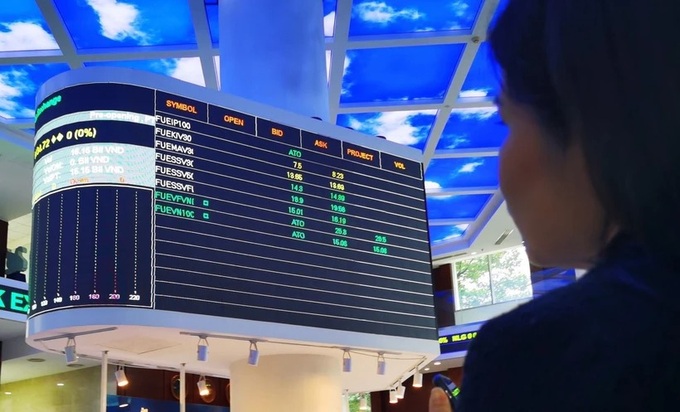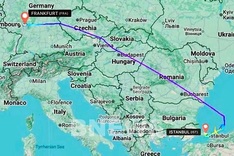
Accordingly, securities firms must evaluate the foreign institutional investors’ payment risks to determine the amount of money required when they place stock purchase orders under the agreement between the two parties.
If the investors fail to make full payment for their stock purchase transactions, the payment obligation for the shortfall will be transferred to the securities companies where investors place their orders.
According to the latest report from the SSI Securities Corporation, a leading broker in Vietnam, this is a bold step for the Vietnamese stock market to meet requirements of FTSE Russel to be upgraded from frontier to emerging status. With the elevation, the market could attract up to 1.7 billion USD from exchange traded funds (ETF), while capital inflows from active funds could be fivefold higher than those of the ETF.
Besides, the decision is expected to become a catalyst to reverse foreign capital flows in the Vietnamese stock market. Foreign investors have net sold Vietnamese shares on the Ho Chi Minh Stock Exchange with a value of more than 65 trillion VND (2.6 billion USD) from the outset of the year.




















